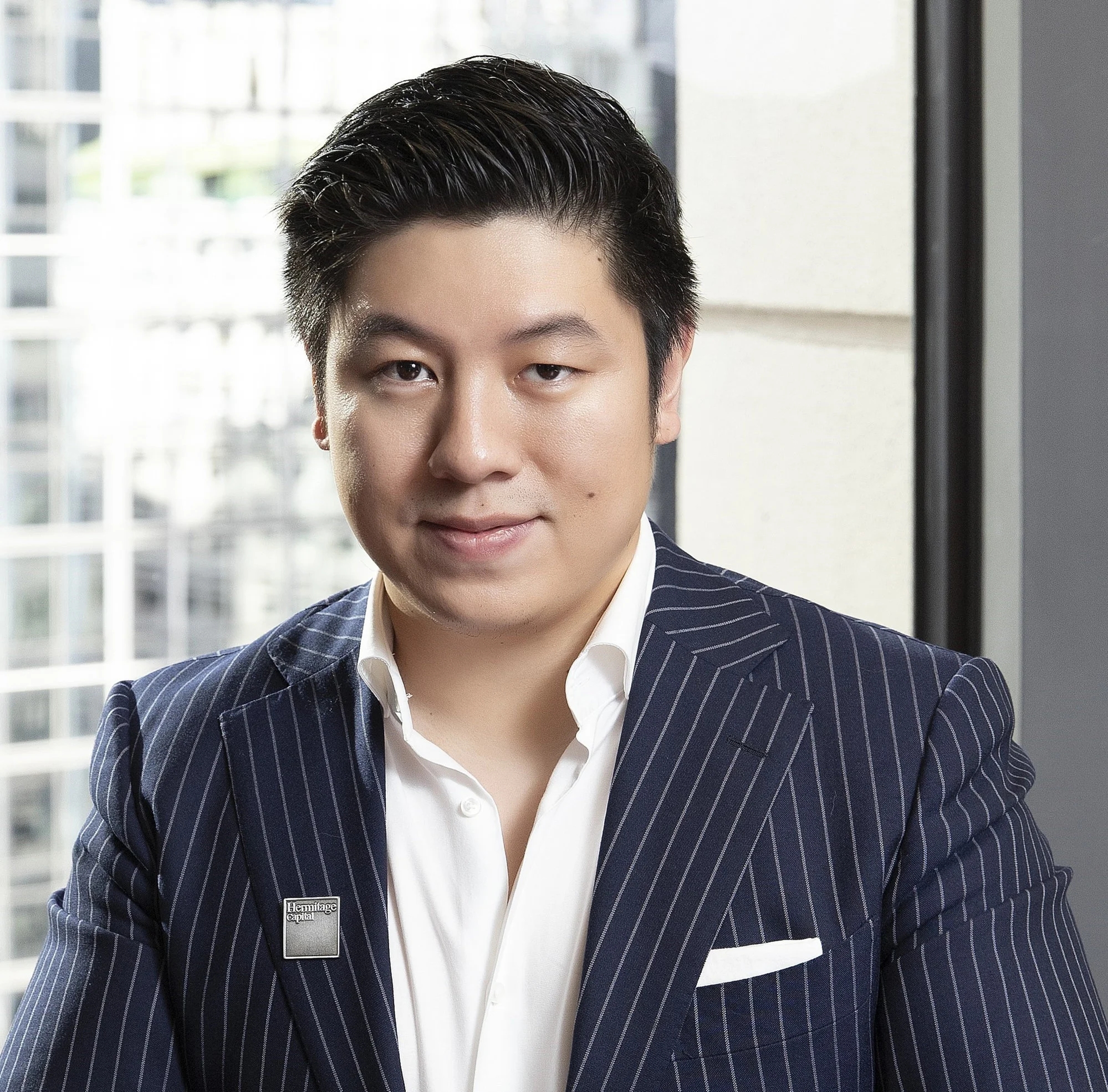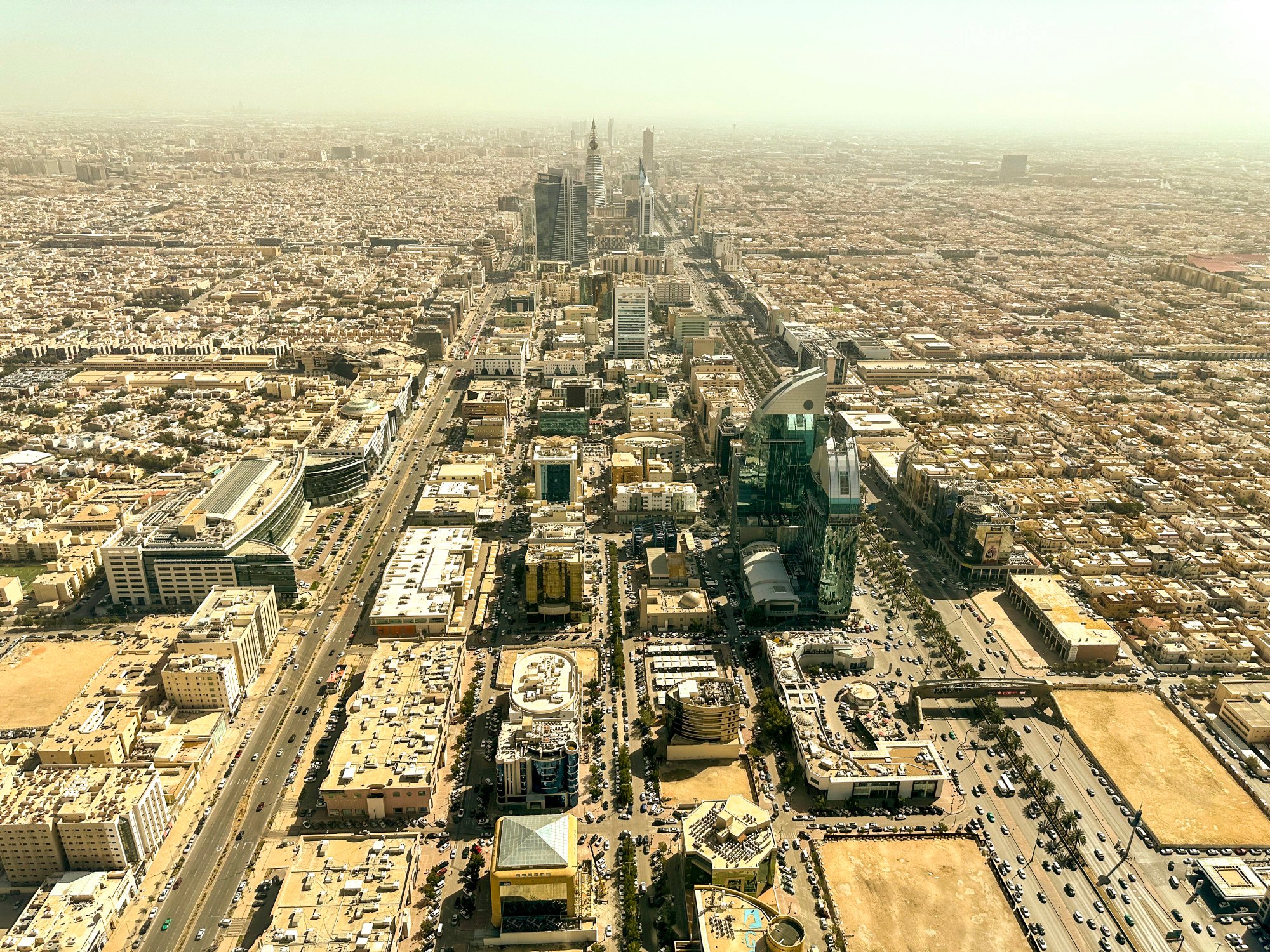
- Hermitage Capital is in talks with wealth funds and investment authorities to set up a Middle East private equity fund, senior executive says
- Saudi Arabia is seeking to reduce its economic dependence on fossil fuels and ‘rapidly building a tech-driven start-up community’ Henry Zhang says
“Obviously, Saudi has the capital,” said Henry Zhang, president and managing partner at Hermitage Capital. “A lot of [general partners] and tech start-ups go there to raise funds, but what they don’t realise is that the country is also a very good market that’s underpenetrated.
“In the past, Saudi was very focused on their natural-resources and petrochemical industries. Now, they’re seeking to reduce their dependence on fossil fuels and rapidly building a tech-driven start-up community.”

Henry Zhang, president and managing partner at Hermitage Capital. Photo: Handout
The term hard tech, or deep tech, refers to breakthrough technologies that solve large-scale engineering, environmental and societal challenges, with the potential to impact everyday life. Such solutions usually require extensive scientific research and capital investment.
Saudi Arabia’s high consumption per capita and neutral political stance towards China are among the reasons the market is appealing, Zhang said, adding that details of the new fund, including its size and fundraising timeline, are not yet finalised.
Zhang joined Hermitage Capital in 2021 following a decade-long investment banking career at JP Morgan, Morgan Stanley and UBS.
Zhang revealed that he has introduced several of his portfolio companies to Saudi Arabian investment authorities, in a bid to help the companies expand their businesses into the Middle East. The companies include Horizon Robotics, a provider of autonomous driving technology; Innovusion, a maker of light detection and ranging (lidar) systems for autonomous driving vehicles; and XtalPi, which is involved in AI-powered drug and chemical discovery.
“We focus a lot on investments, and we focus a lot on post-investment value creation,” Zhang said. “If we do both things right, fundraising will be easy.”
Renewable energy will also present plenty of opportunities, especially in solar panels and energy storage batteries, under Saudi Vision 2030, a government programme aimed at helping the country diversify its economy beyond oil and gas.

An aerial view of Riyadh, capital of Saudi Arabia on February 5, 2023. Photo: Natalie Wong
Recent deals between Saudi Arabia and China in the energy space include a US$1.5 billion agreement between Saudi Arabian private utility developer ACWA Power and Power China for the financing, investment and construction of ACWA’s renewable energy projects, and a multibillion-dollar investment by Saudi’s state-owned oil giant Aramco into China’s downstream petrochemicals industry.
The Middle East is an attractive destination for Chinese private equity firms seeking opportunities for investments and business expansion, but working with stakeholders in the region comes with its own unique set of challenges and nuances, Zhang said.
“Sovereign wealth funds vary a lot across the region, depending on which country you’re talking about,” he said.
United Arab Emirates and Qatar, for example, have relatively small labour forces and consumer bases. This means their sovereign wealth funds often act as passive investors, even as they are seeking to gain more exposure into Chinese companies.
Saudi Arabia, on the other hand, is the largest country in the Middle East by land area and population, which makes driving local GDP via investments a top priority.
“I think Saudi [limited partners] expect Chinese companies and private equity firms to bring something back to their country, whether it is technology, manufacturing, job opportunities or [research and development] labs,” Zhang said.
Founded in 2017 by ex-JP Morgan investment banker Sean Xiang, Hermitage Capital has invested in over 30 companies across artificial intelligence, auto tech, fintech, and internet sectors. Its most notable exits on US and Hong Kong stock exchanges include Tencent Music, SenseTime and 360 DigiTech. Its unlisted portfolio companies include Airwallex, Horizon Robotics, Innovusion, SmartMore, XtalPi, MetaX, Factorial Energy and ConsenSys.


 Back
Back

